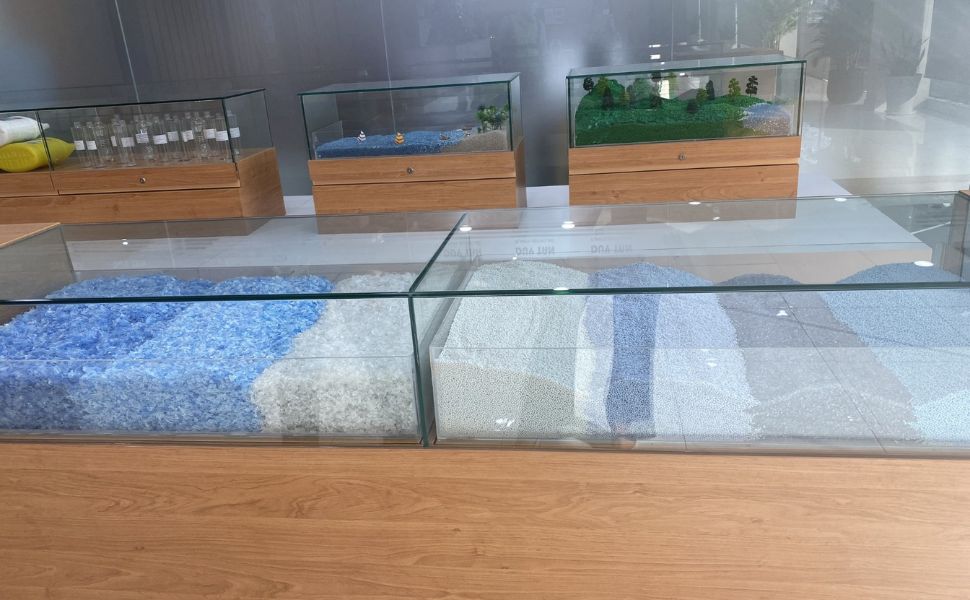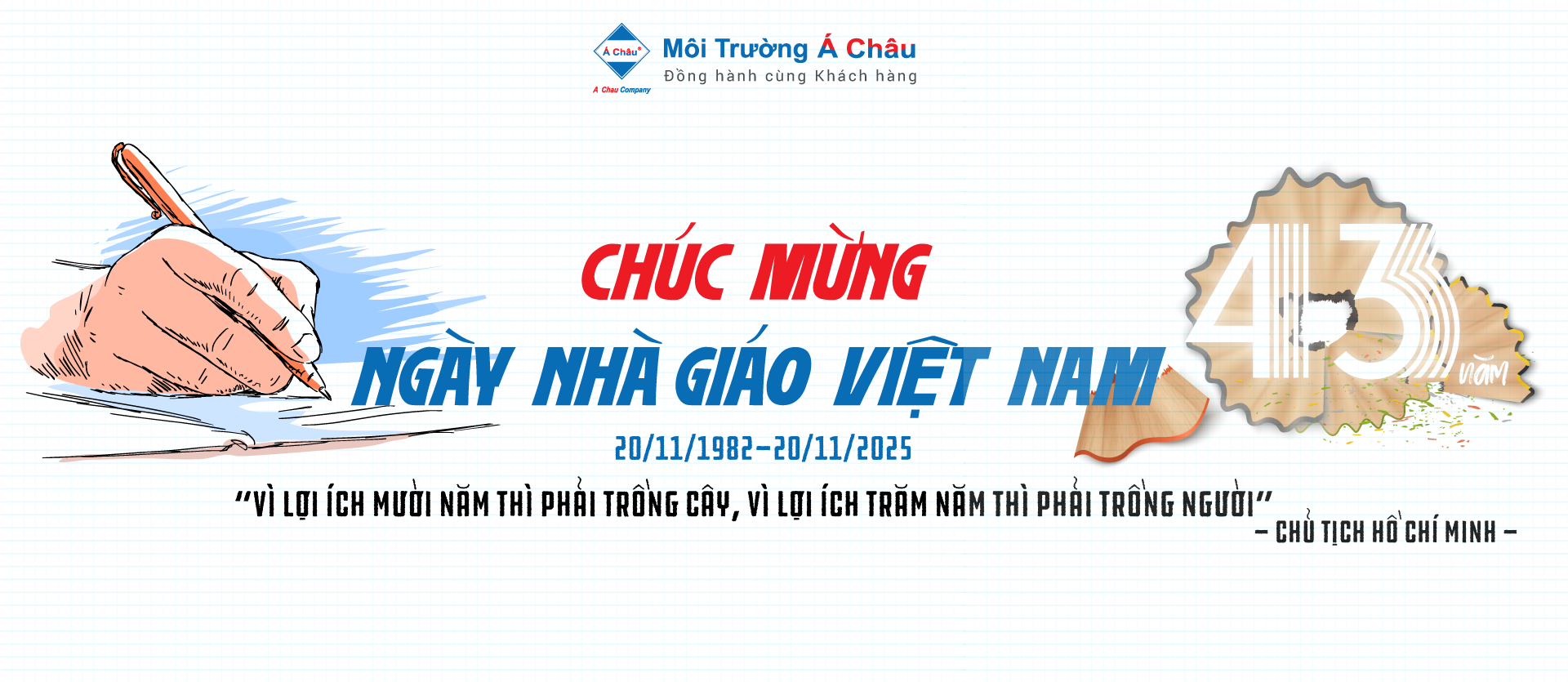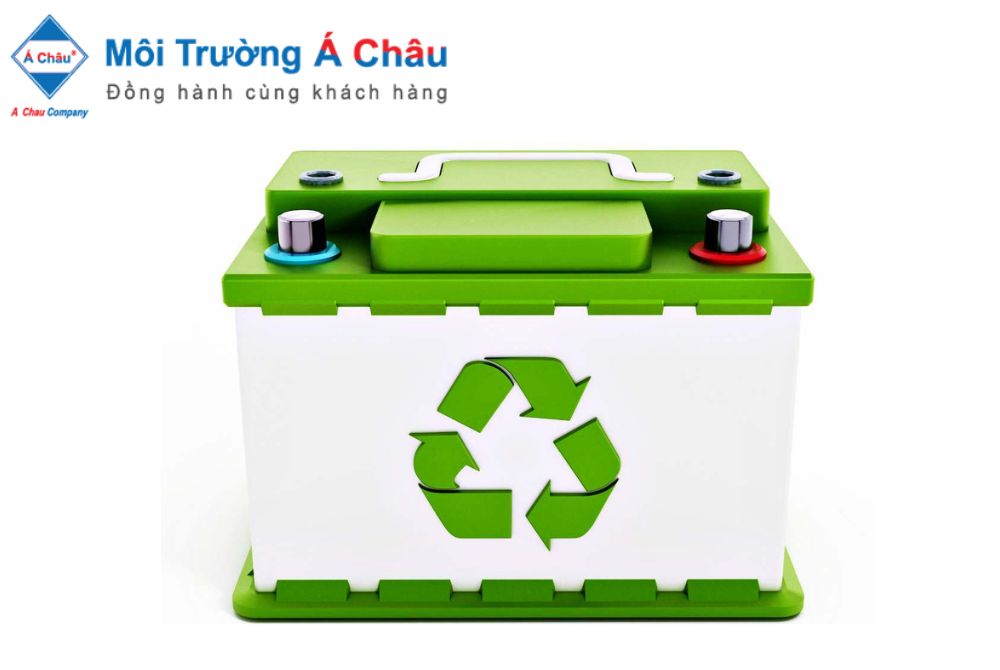Collaborate to transform waste plastic into resources
Proper segregation, collection, treatment, and recycling of plastic waste can transform it into a valuable resource, requiring cooperation from all levels, sectors, localities, and people to achieve this goal.
The Ministry of Natural Resources and Environment (MONRE) has announced that the 2020 Law on Environmental Protection and its supporting documents now consider waste as a resource and stipulate sorting principles for domestic waste for the first time.
The 2020 Law on Environmental Protection mandates MONRE and localities to manage and sort domestic waste, specifically requiring plastic waste collection, segregation, reuse, recycling, or treatment. Unrecyclable waste must be transferred to a facility for processing under regulations, ensuring compliance with the law's provisions.

The use of recycled plastic pellets, which are recycled multiple times from primary plastic, is increasing in popularity.
In 2023, MONRE issued Official Dispatch No. 9368/BTNMT-KSONMT, providing technical guidance on segregating domestic waste for localities to use in planning processes.
The deadline for segregating domestic waste is December 31, 2024, to encourage reuse and recycling, maximise value, and extend product life cycles. Agencies, organisations, communities, households, and individuals are encouraged to participate in recycling and treatment programs, as per EPR regulations, aiming to reduce the number of waste that must be treated and buried.
New regulations and cooperation among all levels, sectors, and people are expected to sort domestic waste at the source, resulting in the type ration of plastic waste in the future. This will also serve as a valuable resource for recycling businesses.
The 2020 Law on Environmental Protection introduces Extended Producer Responsibility (EPR), requiring manufacturers and importers to be environmentally responsible throughout the life cycle of a product or good, including design, production, consumption, and disposal.
Manufacturers and importers of six product groups and packaging, including tyres, batteries, lubricants, electricity, electronics, and transportation means, must recycle products and packaging under a mandatory recycling rate, including food, cosmetics, drugs, fertilisers, animal feed, veterinary drugs, cement, detergents, and household preparations.
The manufacturer and importer of 06 product groups and packaging, including plant protection drugs, single-use batteries, diapers, sanitary napkins, disposable wet wipes, gum, cigarettes, and some products with synthetic plastic ingredients, is responsible for financial contributions to support waste collection and treatment.
Source: MONRE, "Collaborate to transform waste plastic into resources", posted on May 15, 2024, see link https: https://monre.gov.vn/Pages/chung-tay-bien-rac-thai-nhua-thanh-tai-nguyen.aspx?cm=M%C3%B4i%20tr%C6%B0%E1%BB%9Dng, accessed June 4, 2024













